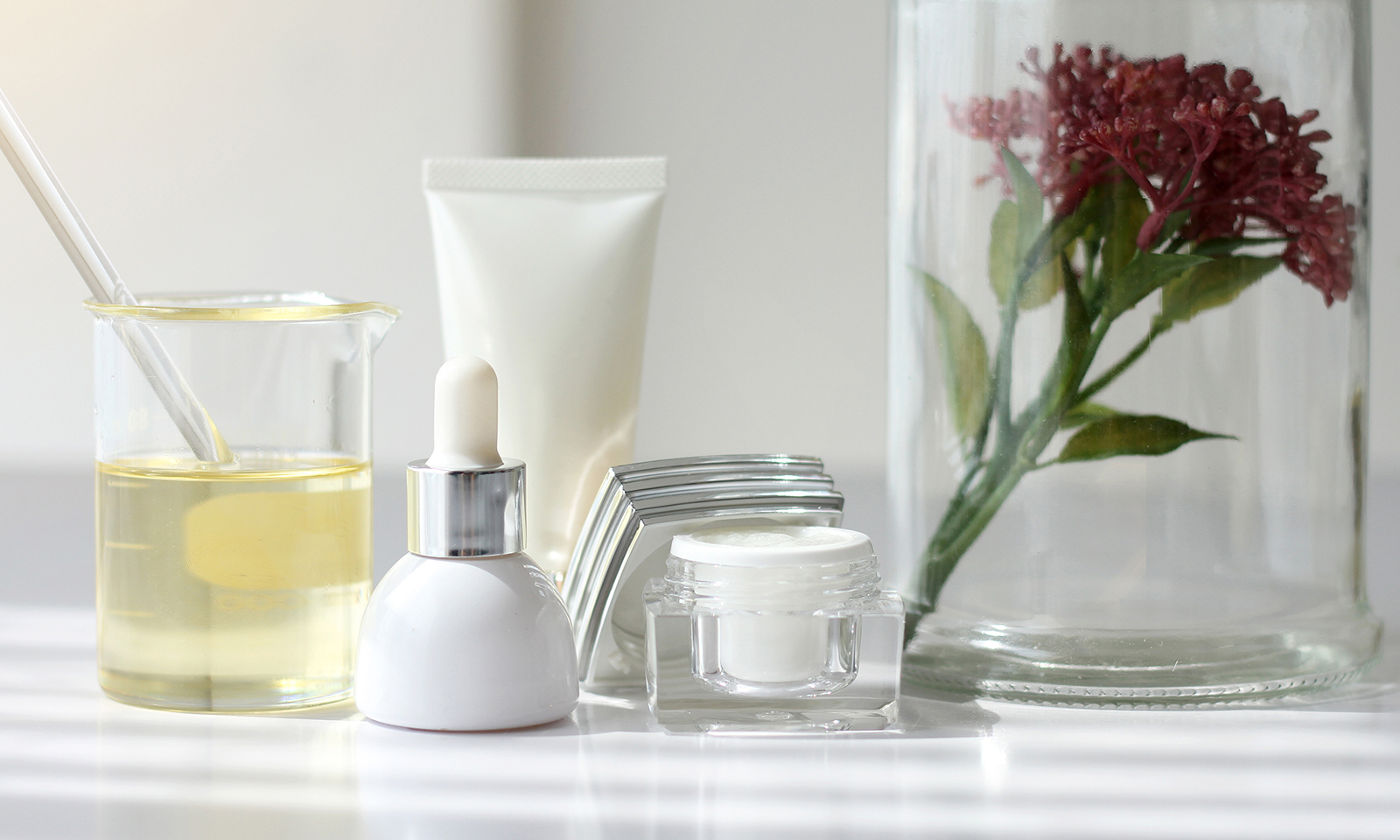

If you’re still figuring out your face care routine, and the sheer number of products out there makes you dizzy, you’re not alone. Deciphering what type of creams, lotions, and serums to use has become a real challenge that requires a lot of research and understanding what the skin on your face needs to be healthy and radiant, no matter your age.
There are different components that you can include in your skin care rituals, and the benefits of lip oil and face oils are often overlooked. This is partly because people think they don’t need it and partly because figuring out what works for your skin type takes time. However, the use of quality face oil can take your routine to a whole new level, as long as you know what to look out for. Here are some tips to get you started.
What is face oil used for?
Is the first thought you have when you think about face oil the feeling of oily and sticky skin? Do you already have oily or acne-prone skin and believe that using an oil will only make things worse?
These are common misconceptions about face oils, but actually, the opposite is true, as long as you choose your product wisely. Face oils are there to enrich your face care routine because they help strengthen your skin barrier, which is in charge of protecting your skin from toxins and irritants.
They carry fatty acids that help the skin to better retain moisture, keeping it soft, young, and plump. Add to that the fact they’re loaded with nutrients and antioxidants that allow your skin to repair itself faster, and you’ve got a winning combo you shouldn’t miss out on.
Correct use of a carefully chosen face oil will augment its anti-aging properties, it will let your skin absorb all other products you use, and it will alleviate any tightness, dryness, or dullness you might be dealing with. When used with antioxidant serums the result will be noticeable and permanent – your face will look fresh, bright, and gorgeous.
How to choose the face oil that’s right for me?
This is the million-dollar question and one that scares people off because they don’t know where to begin. The first thing you should know is that no matter your skin type, there’s a face oil out there that will be perfect for you.
However, there are some ingredients that shouldn’t be found in face oils:
- Water
- Mineral oils
- Preservatives
- Additional fragrances
- Anything that you can’t pronounce
The whole point of a face oil is to use natural high-grade ingredients on your skin. Having any (or all!) ingredients from the list above dilutes the oil and makes it a potential irritant. This is particularly important for people with sensitive skin who are hesitant to use a face oil for fear of clogged pores, acne, and blackheads.
Another tip to have in mind when choosing the right oil for you is to pick ones in dark glass bottles. It’s common knowledge that exposure to light and heat can damage any type of oil, and you want the product (and by it, your face) to be protected.
Different Oils for Different Skin Types
We already mentioned that the choice of face oil depends on the type of skin you have. The safest way to do it is to go to a dermatologist and they’ll help you figure it out or you can do it on your own. Once you know your skin type, you can go on and get a face oil with ingredients that best suit it.
Normal skin is usually the easiest to treat as there aren’t any potential problems that need to be tackled. The only thing to bear in mind is to avoid face oils that are heavier and stick to safe choices like squalene, coconut, and jojoba oils.
If you have oily skin, chances are you’re steering clear of face oil, which shouldn’t be the case! Even though your skin is oily, it still requires deeper moisture which can be achieved by using light-weight options like tea tree, hempseed, and grapeseed oil.
Dry skin will benefit from face oils that are full of fatty acids and vitamins because they will help revive and replenish the skin. Dry skin is prone to dehydration and irritation, so soothing and deeply revitalizing products like marula, apricot kernel, chia, and rosehip oils are the best match.
Combined skin type is dry in some spots and oily in others, so it’s important to choose a face oil that can balance it all out. You want to go for oils that are light-weight but nourish the dry sections of your face, and for this goal flaxseed, camelia, argan, and tea tree oil will do the trick.
If you’re dealing with acne-prone skin type, pay extra attention to the type of face oil you use. Some options out there have strong fragrances and can clog your pores, and you want an oil that will improve detoxification and gently treat your acne. For this purpose, tea tree, rosehip, and pomegranate oils work best.
When to use your face oil?
If you’re just starting your face care routine journey, apply your face oil in the evening, before all other products. Not only will it make your face feel lovely, but it will also allow for better absorption of retinoids and moisturizers you apply after it.
Using a face oil is always a good idea, as long as you’re informed and know exactly what type of oil you need. Over time, you’ll notice the improvements and a new glow on your face and you’ll know that incorporating face oil into your routine was the right call.























